
The African college of excellence in the social and human sciences
On 6 February the world commemorated the International Day of Zero Tolerance for Female Genital Mutilation (FGM). On this day, various stakeholders united to affirm the right of every girl and woman to be free from this form of gender-based violence, and Unisa’s Institute for Gender Studies (IGS), in solidarity with this campaign, affirmed the institution’s support for Zero Tolerance for FGM. In this article, two IGS researchers discuss the nature and effects of FGM, and initiatives to counter it.
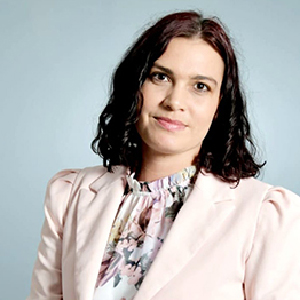
Leandra Joubert, IGS Researcher
Female genital mutilation, also known as female circumcision or female genital cutting (FGC), refers to any practice that includes the purposeful and non-medical removal of all or part of the external female genitalia or any harm done to the female genital organs for cultural or religious reasons. It is an act that amounts to violence against women and girls, a human rights violation in need of urgent abolishment.
According to the World Health Organization (WHO), the global prevalence of FGM is above 200 million girls and women with its incidence at about three million girls per year. It is especially prevalent in 30 countries across Africa, the Middle East and Asia where FGM is deeply entrenched into the cultural practices of various communities in those regions.
In South Africa, although FGM is not as prevalent, recent reports indicate that the incidence of FGM is slowly growing. Evidence suggests that locally FGM is actually practised among some Venda, Indian, and Southern Ndebele communities, as well as by some immigrants, refugees and foreign nationals. Furthermore, a newspaper article from January 2023 showed that FGM is also practised by some Sotho communities in Matatiele.
According to the WHO, four types of FGM have been identified:
FGM is quite often performed by traditional circumcisers; however, reports also show that in several parts of the world, medical FGM is performed by trained medical service providers and is also on the rise. FGM is believed to discourage sexual behaviour and elevate the female’s social status as it is often viewed as a rite of passage into womanhood and has deep historical and social origins.
FGM – besides being a gross human rights violation – has numerous negative consequences. Physical and psychological consequences include the following:
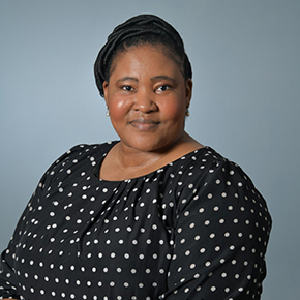
Dr Sibusiso Mkwananzi, IGS Senior Researcher
In light of the above negative consequences, in 2008, the World Health Assembly passed resolution WHA61.16 on the elimination of FGM, emphasising the need for concerted action in all sectors including health, education, finance, justice and women’s affairs towards its elimination. South Africa has enacted subsidiary legislation to address FGM. The Promotion of Equality and Prevention of Unfair Discrimination Act (Equality Act) Section 8(b) outlaws discrimination of any person on the grounds of gender and culture, including FGM. Under Section 12(2) (a), the Children’s Act explicitly prohibits genital mutilation or circumcision of female children. Unfortunately, the enforcement of this legislation appears to be ineffective in combating the practice effectively.
FGM, although promoted as a cultural practice, violates various constitutionally enshrined rights provided for in the Bill of Rights. Thus the South African government must take all appropriate measures to curb the practice. As underscored in Sections 30 and 31(2) of the Constitution, cultural practices that are in violation of the provisions under the Bill of Rights are null and void and thus illegal. FGM is inconsistent with the Constitution because it infringes on the right to human dignity, health, and privacy and leads to physical harm and can infringe on the right to life.
The future of South African girls and women requires us to protect them from all practices that have the potential to hamper the free and full enjoyment of their rights. Therefore, we recommend that FGM be incorporated as a variable into the South African demographic and health survey like other countries with the phenomenon to collect data on it. This would ensure better monitoring and assessment of FGM nationwide. Additionally, we appeal to our government and law enforcement agents as well as action activists, feminist groups, other organisations and stakeholders that are committed to the cause of upholding the human rights of girls and women, to stand with us in strongly condemning this practise.
* By Dr Sibusiso Mkwananzi, IGS Senior Researcher, and Leandra Joubert, IGS Researcher
Publish date: 2023/02/20
 Unisa celebrates a project of hope, dignity and student success
Unisa celebrates a project of hope, dignity and student success
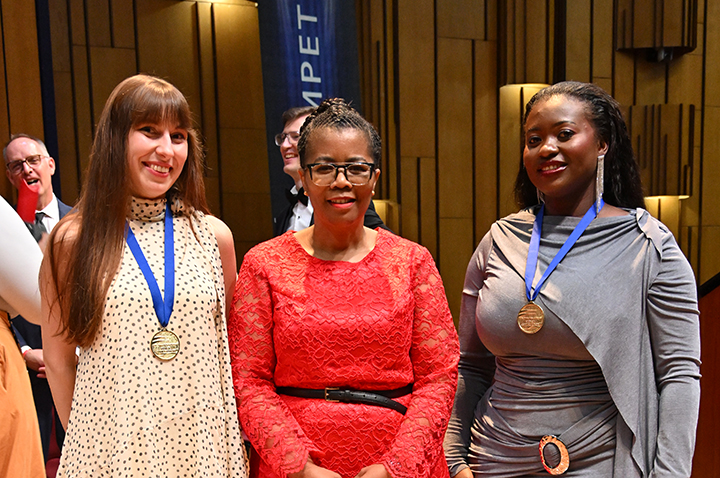 Women vocalists take top honours at Unisa's globally renowned showcase
Women vocalists take top honours at Unisa's globally renowned showcase
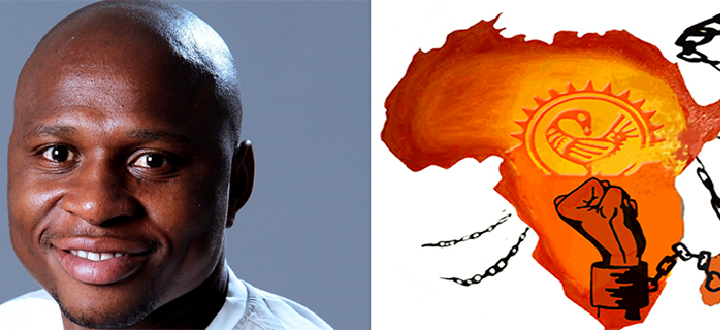 African wealth is dependent on investment in education and development
African wealth is dependent on investment in education and development
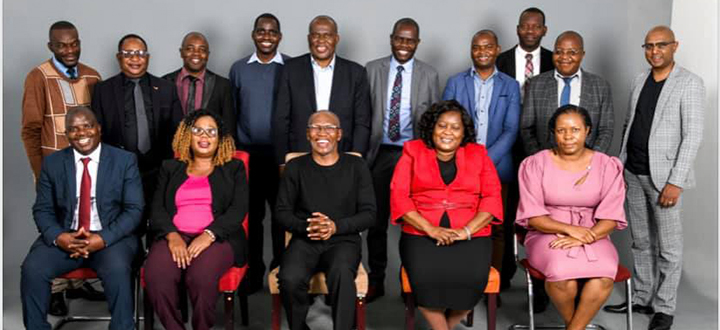 Unisa celebrates matric result success at Correctional Services ceremony
Unisa celebrates matric result success at Correctional Services ceremony
 Unisa ICT Director recognised among acclaimed IT leaders
Unisa ICT Director recognised among acclaimed IT leaders